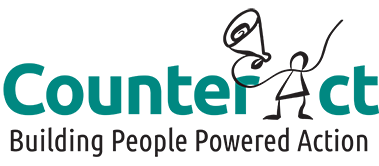Whilst there are always daily defiances, and ongoing acts of resistance from first nations people… remarkable still, considering the ongoing policies reflecting the earlier worst practices of colonisation… the broader and visible public resistance seems to ebb and flow.
There has been some particularly inspiring recent activity – from the gathering at the #G20, grandmothers march and newsjacking of the ‘leadership’ spill #libspill to the reclaiming of space on invasion/survival day on wurundjeri country and elsewhere… and a new generation of young crew are determined to keep their culture strong in the face of adversity with fierce resistance and connection to country.
They are inspiring us to do better. As governments close services and communities, and deaths in custody continue to shame our nation(s) how do we step up to be better allies and support?
One of our organisational new years resolutions was to do this better. How do we support the growing resistance from first nations peoples across the country, and make sure to amplify their voices, rather than white people talking for and about them?
We ain’t perfect – far from it, but here are a few things we are aiming to do better in 2015:
- Learn our history. Understand the land we travel to, and train people on, and better understand the history of the aboriginal nations of Victoria and the massacres that displaced so many
- Work in our backyard. Through our environmental work we are privileged to work with mob around the country who are defending country… but what else can we do in the city? We are looking to support some practical work on the ground by ‘paying our rent’
- Share more stories of resistance of first nations peoples, both here from this country, but also across the world. So many stories untold. We want to share them!
- Make training accessible for any first nations people who want to attend – offer free or subsidised places, provide culturally appropriate food where possible, try to encourage a reflection on white privilege and how that can interact with nonviolent direct action and interactions with police for aboriginal peoples… but what else can we do better – that is a question we want to keep asking…
- Anti oppression and anti racism trainings – they are a big part of activist cultures in other parts of the world – less so here in this unfortunately racist country of ours. We are going to keep talking to people about more ways to encourage cultural awareness and a better understanding of racism, privilege and our responsibilities as allies – as is the common refrain…it’s not up to marginalised peoples to educate us, we have to do the work ourselves… as well as listening and of course, informed by impacted communities.
* We use blackfellas as a term to describe aboriginal peoples (both men and women) that the people we have worked with are comfortable with. We note that many people have different preferences for language – whether it be aboriginal, first nations, sovereign, traditional custodians or the name of the nation they are from.

